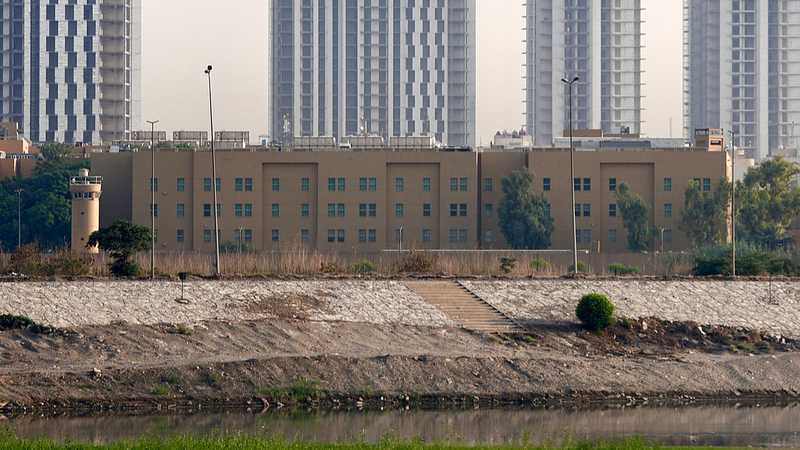In a move reflecting mounting geopolitical tensions, the United States announced on Wednesday that some government personnel will depart the Middle East amid renewed concerns over Iran's nuclear ambitions.
President Donald Trump told reporters in Washington that "personnel are being moved out because it could be a dangerous place," emphasizing that the US will not tolerate a nuclear-armed Iran. This partial drawdown includes non-essential embassy staff in Iraq and voluntary departures from US missions in Bahrain and Kuwait.
Oil Prices on Edge
Markets responded swiftly to news of the withdrawal: oil prices surged more than 4 percent as traders weighed the risks of heightened military activity in the Gulf and the Straits of Hormuz. Britain’s maritime agency warned vessels to exercise caution in the Gulf and Gulf of Oman, noting potential shipping disruptions.
Regional Flashpoints
US intelligence reports suggest Israel is preparing for a possible strike on Iran’s nuclear facilities, while Tehran’s defense minister vowed retaliation against US bases if provoked. Against this backdrop, the State Department updated its global travel advisory, ordering the departure of non-emergency personnel effective June 11.
Looking Ahead
With thousands of US troops stationed across Iraq, Kuwait, Qatar, Bahrain and the United Arab Emirates, the drawdown highlights the delicate balance of power in a region vital to global energy supplies. For young global citizens, this evolving situation offers a real-time lesson in how geopolitics, energy markets and security concerns intersect on the world stage.
Reference(s):
U.S. to withdraw some personnel from Mideast as Iran tensions rise
cgtn.com



